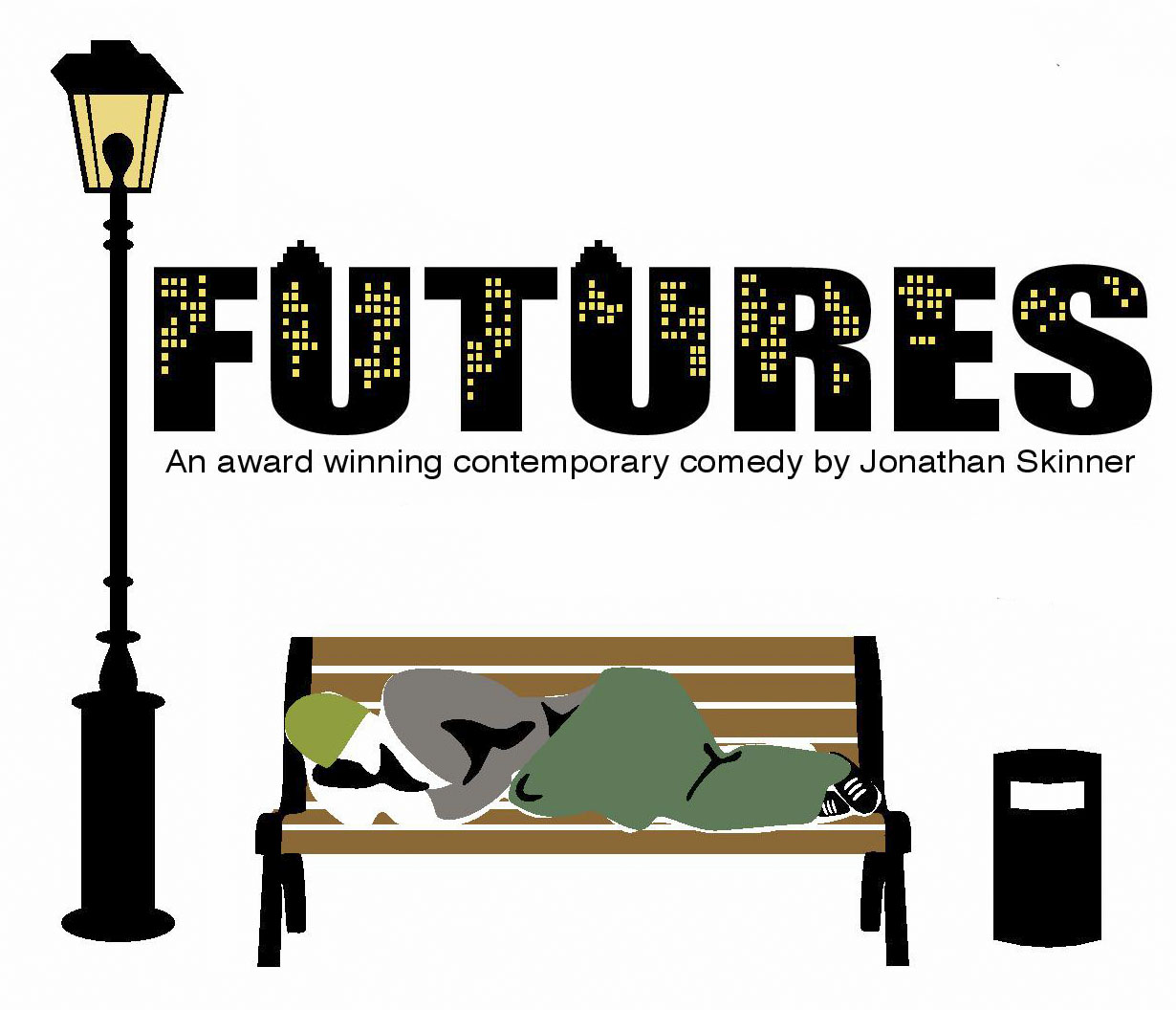A woman in a woolly hat is sat reading on a bench outside a block of expensive apartments. She has a backpack, and on the bench alongside her there is a glass tumbler labelled ‘Thank you’. A man in a sharp business suit arrives and brusquely tells her to move on. This is a respectable area and he will not tolerate having a beggar lowering the tone. She cheerily points out that she is not begging, for the glass says ‘Thank you’, not ‘Please’. His anger abates just long enough to discover that her name is Penny, and that she is reading Descartes’ Discourse on Method. He’s still hostile, but intrigued enough to open up a little. He tells her that he’s ‘in futures’; he speculates on the financial markets. On hearing that his name is Richard she asks, ‘Do they call you Dick?’
What follows is an often witty examination of the extent to which Richard is indeed ‘a dick’. Despite her lowly state penniless Penny is cheerfully optimistic, while rich Richard is an unhappy cynic. He is trapped in a dog-eat-dog world of competition and greed, while she has found a kind of freedom in her poverty. Richard lets Penny stay on the bench, and in the days that follow she becomes his confidante. We learn that he has taken his speculating a step too far; his firm is about to lose millions because of his recklessness. It becomes clear that their roles are going to reverse, for she has applied for a job for which she is well qualified, and he is about to lose everything.
In a very engaging performance Joanna Smith skillfully conveys Penny’s sharp intelligence and warm humanity, and she is well-matched by Nigel Jones as Richard, all tension, stress and misanthropy. In their quick-fire banter there are many sharply-honed comments about wage-slavery, and quite a few laugh out loud jokes – there’s a particularly good one involving a turkey sandwich. Jon Attwood has directed with wit, too, particularly in the mimed sequences used to indicate the transition from one day to the next. My sole quibble is that there is perhaps insufficient breadth in the range of emotions that is explored. The direst aspects of Penny’s homelessness are not given sufficient emotional weight, and the same is true of the darkest aspects of Richard’s character, which could be conveyed with more force. However, there is much to enjoy when following the opposing trajectories of Richard’s and Penny’s lives, and if some of Futures’ moralistic musings about true happiness are a little twee, that does not greatly detract from the fun to be had from this very polished production. Recommended. ★★★☆☆ Mike Whitton 05/05/15


